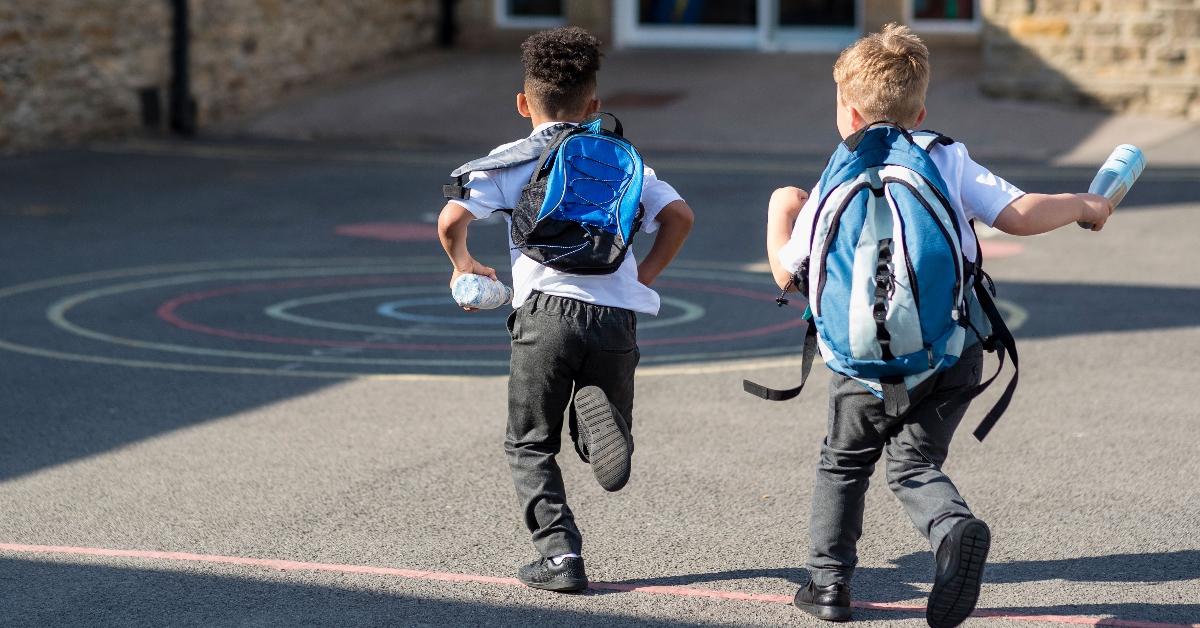Preventative antibiotics could be given to children at schools affected by Strep A infections, the schools minister has confirmed.
Nick Gibb told GB News the issue was raised in the House of Lords on Monday and the use of antibiotics is an option.
It comes after at least eight recorded deaths of children due to Group A Streptococcus across the UK since September.
While the disease is expected to rise in the winter months, health officials say a rise in an invasive form has been detected and is likely to be a result of high amounts of bacteria and increased social mixing.
Updated guidance on scarlet fever outbreaks, which are caused by Strep A, published by the UK Health Security Agency (UKHSA) in October sets out how antibiotics can be used as prophylaxis but a decision is taken with local outbreak control teams (OCTs) on “a case-by-case basis”.
It added: “It can be considered in exceptional circumstances by the OCT; for example, when there are reports of severe outcomes, or hospitalisations.”
Mr Gibb said: “Lord Markham said in the House of Lords yesterday that the UK Health and Security Agency are monitoring the position and are considering those kind of issues in those schools where there is an infection.
“This is an ongoing situation, the UKHSA are involved very closely with those schools and they will be providing further advice later on.
“But that may well be an option for those particular schools where there is an infection.”
Responsibility for health and education services in Scotland is a devolved matter, so any decision made towards preventative antibiotics would have to come from the Scottish Government.
Adam Finn, professor of paediatrics at the University of Bristol, told Times Radio that people are right to be worried and “it’s an enormous tragedy for these families”.
“We’re not used, in our society, to losing the lives of previously healthy children – this is something that’s very shocking and concerning,” he said.
“What we’ve got to do is get the balance right here; on the one hand not alarm people whose children are mildly ill = and there are a lot of mildly-ill children around at the moment – and at the same time help people and support people to seek care and attention when their children become seriously ill, relentlessly sicker and sicker as the hours go by. Those are the children that need to be urgently seen.”
He said children with “run of the mill” viral infections can feel unwell and then better again, and “things go up and down”, and they continue to eat and drink.
“Children who’ve got invasive bacterial infection, they don’t have those episodes of feeling better – they just get worse and worse,” he said.
“They stop eating, they stop responding, they sleep a lot. They might complain, if they are awake, of aches and pains and headaches.
“They might have a rash or a sore throat or tummy ache, but they just get sicker and sicker.
“When you see that progressive decline, that’s the time to get the child to medical attention.”
Follow STV News on WhatsApp
Scan the QR code on your mobile device for all the latest news from around the country


 iStock
iStock






















